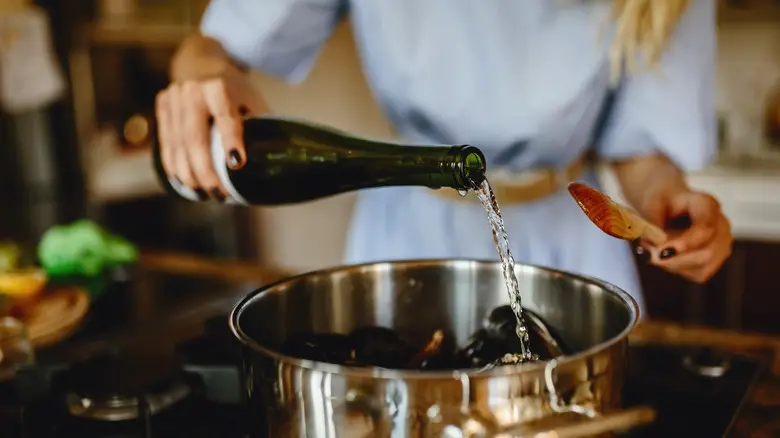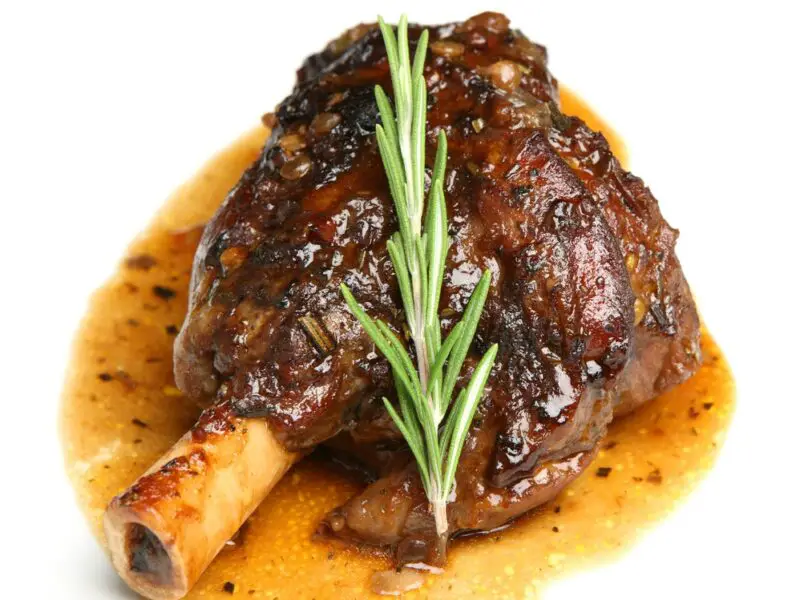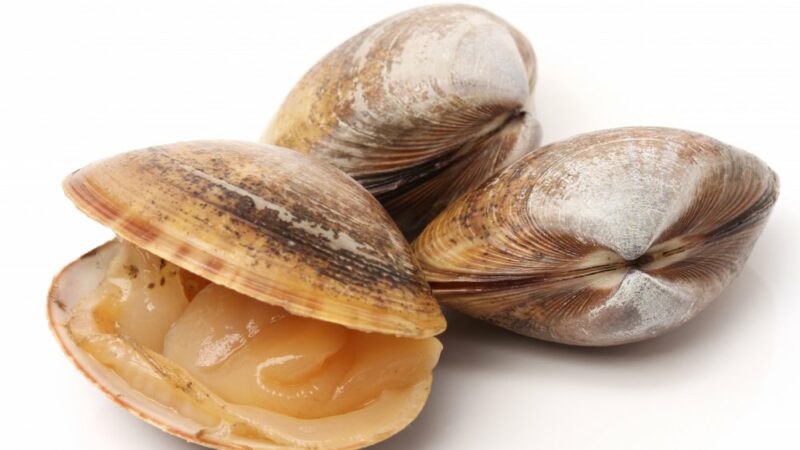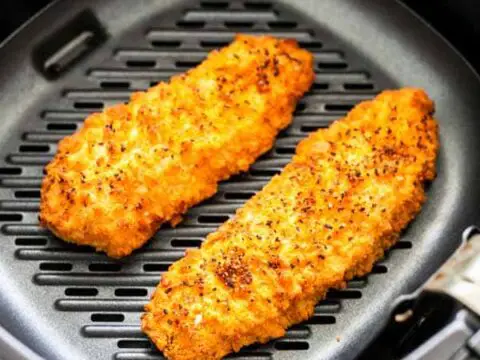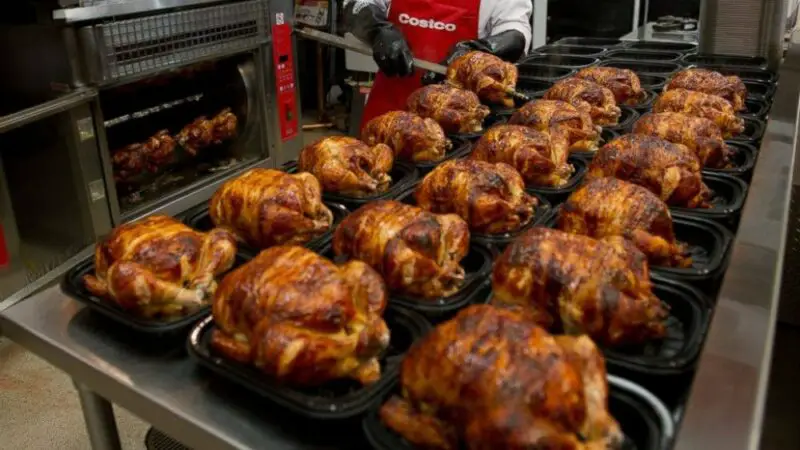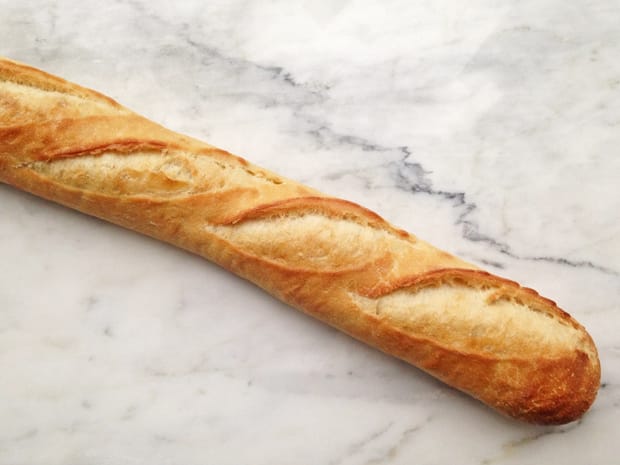Should Cooking Wine Be Refrigerated After Opening?
Cooking wine is something that most people keep in their kitchens. It forms an essential part of a cook’s arsenal, especially when used for enhancing the flavours of dishes. However, while many people may not be aware, there are some precautions that need to be taken for the storage of cooking wine after opening it. It’s crucial to know how to store it correctly since improper storage can lead to spoilage and contamination, compromising the quality of your dish.
What is Cooking Wine?
Before delving into why cooking wine should be refrigerated after opening, it is fair to first understand what it is and why it is used for cooking. Cooking wine is different from regular drinking wine, which is intended for drinking and not cooking. This wine has added salt, making it unsuitable for direct consumption. However, this addition means that it can stay good for more extended periods when stored correctly.
Cooking wine comes in different varieties; the most widely available are red and white. Some other versions include dry sherry, Marsala, and mirin (rice wine). These are ideal for recipes requiring oxidative (longer) cooking times, which helps accentuate the aromas and flavors better compared to regular wines.
Why Should Cooking Wine Be Refrigerated?
Cooking wine has a limited shelf life after opening since it does not have added preservatives. Once cooked or opened, they begin to oxidize quickly and lose their delicate aroma and flavor. Storing them incorrectly will only make things worse by creating an environment for bacterial growth.
Preservation of Taste and Aroma
One essential reason why cooking wine should be refrigerated after opening is to preserve its taste and aroma. Storing it at room temperature for an extended period causes the wine to lose its flavor profile and develop a rancid smell.
When exposed to air, wine begins to oxidize, and the delicate flavors start to break down. In the case of cooking wine, this results in a strong vinegar-like smell, which can negatively affect the taste of the food you are cooking.
Prevention of Spoilage and Contamination
Aside from rancidity, storing cooking wine at room temperature can lead to contamination by bacteria or yeast. Up until the bottle is opened; cooking wine is relatively resistant to contamination since air doesn’t circulate into the bottle. However, once opened, oxygen becomes trapped inside, providing the perfect environment for microbial growth.
How to Store Cooking Wine After Opening?
To preserve your cooking wine’s taste and quality after opening, you need to store it in a cool, dark place with minimal exposure to air. One way to do this is by carefully resealing the cap after use.
Techniques for Storing Cooking Wine
- Refrigeration: Refrigerating cooking wine between 40-45 F will slow oxygen exchange and help maintain quality if properly corked or sealed.
- Vacuum Sealing: Vacuum-sealed bottles eliminate oxygen circulation entirely hence retaining food taste for extremely long times by eliminating rancidity concerns.
Prevention Measures before and after Storage
- Use A Tight Cap: Make sure that after opening the bottle, you seal it tightly using a tight plastic or cork-lined metal cap.
- Vacuum Sealer: A vacuum sealer will draw out the existing air in the bottle and seal the contents in an airtight space thus inhibiting oxidative degradation.
- Miniature Bottles: Mini bottles come in handy when cooking small portions of meals; this minimizes wastage and better preservation probabilities.
Which Types of Cooking Wine Should Be Refrigerated After Opening?
Some categories of cooking wine you need to refrigerate after opening include red, white, dry sherry, Marsala, and mirin. Even though wine enthusiasts discourage prolonged refrigeration of some wine types, it’s essential to refrigerate your cooking wine for better shelf-life.
A few special considerations worth mentioning include:
- Fortified Wine: Fortified cooking wines like Marsala and Sherry tend to last much longer than regular varieties. This is because they are cooked at high heat under closed conditions; this helps preserve flavor/scent over a longer period compared to regular wines that rapidly lose aroma on exposure to heat.
- Mirin: This Japanese rice wine adds depth and sweetness to dishes. It has a high sugar content that should be stored properly, ideally in a refrigerator, since room temperature accelerates bacterial growth making it susceptible to contamination weather spoiled if left unchecked. .
Factors That Reduce The Shelf Life Of Cooking Wine:
Several factors can reduce the shelf life of an opened bottle of cooking wine. Here are some of them:
- Contact with elements such as air, light or heat.
- The age of the bottle can also impact the wine’s taste and texture significantly.
- The sugar content in some wines tends to promote bacterial growth, thus shortening shelf life.
Safety Measures That Should Be Put In Place When Storing Cooking Wine:
When storing a bottle of cooking wine, ensure to follow these precautions:
- Avoid Exposure to Highly Fragranced Components: Avoid keeping the bottle near highly fragrant chemical agents like cleaning agents as this could taint the flavor of the wine, rendering it unusable for cooking or any other purpose.
- Avoid Direct Sunlight: Direct sunlight and heat can also accelerate bacterial growth and should be avoided when selecting a storage spot for your cooking wine.
How Long Does An Opened Bottle Of Cooking Wine Last?
The length of time an opened bottle of cooking wine lasts depends on how well it is stored after opening. In general, when correctly stored in cool temperatures below 70F, cooking wine can last up to 2-4 weeks past its expiration date. When vacuum-sealed or stored in a cooled environment (fridge) for an extended period, it can last up to six months. A good way to tell if your cooking wine has gone bad is to use your senses; a rancid smell or vinegar taste is an indication that you should get rid of the bottle and get a new one.
Alternatives To Using Opened Bottles Of Cooking Wines:
Wine lovers will agree that there’s nothing more frustrating than a good bottle going sour or starting to go bad. However, instead of disposing of the opened bottles, several alternative uses come in handy. Some of these include:
- Cooking Wine Reduction Sauce: A cooking wine reduction sauce is made by mixing sugar, vinegar, broth/stock, and cooking wine in a pan over high heat to thicken. This product is perfect for adding different flavors to your meals.
- Wine Salad Dressing: Wine salad dressings are quick and easy to make; mix olive oil, Dijon mustard, vinegar, garlic, and any opened cooking wine of your choice for that added kick of flavor.
- Marinade: Marinating meats with cooking wine gives it a unique flavor and softens the meat. Cooks can either use them directly or in combination with other ingredients such as soy sauce.
Conclusion
In conclusion, proper storage of cooking wine after opening is vital to the dish’s final taste. Refrigerating it helps preserve the delicate notes and keep contaminants at bay. Be sure always to seal the cap tightly and store it in cool temperatures between 40-45 F. Moreover, avoid heat, light & any fragrant chemical agents which could potentially taint your wine’s flavor.For non-frequent users only buy miniature bottles to minimize wastage and costs. Remember that storing cooking wine correctly ensures optimal shelf life which keeps your meals bursting with flavors – all the time!
Can cooking wine turn bad if left unrefrigerated?
Yes, cooking wine can turn bad if left unrefrigerated since it contains alcohol and other compounds that can rapidly spoil when exposed to air for a long time.
How long does an opened bottle of cooking wine last in the refrigerator?
An opened bottle of cooking wine can last up to six months in the refrigerator if stored properly. Store it in a tightly sealed container away from heat and light.
What happens when you cook with spoiled cooking wine?
Cooking with spoiled cooking wine can result in an unpleasant taste, foul odor, and discoloration of the food. Moreover, consuming spoiled wine can cause food poisoning, nausea, and other digestive disorders.
What type of cooking wine should one use for best results?
Choose a dry white or red wine labeled specifically as “cooking wine” when possible. While regular wine may work just fine in most recipes, cooking wines are made with added salt and spices that enhance the flavor of the dish.
